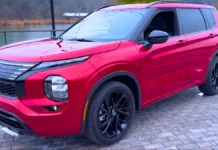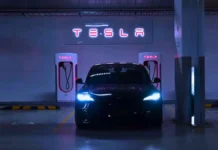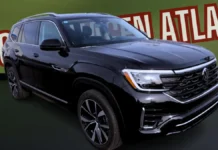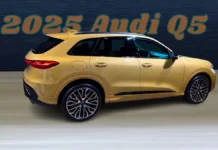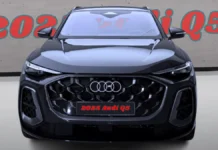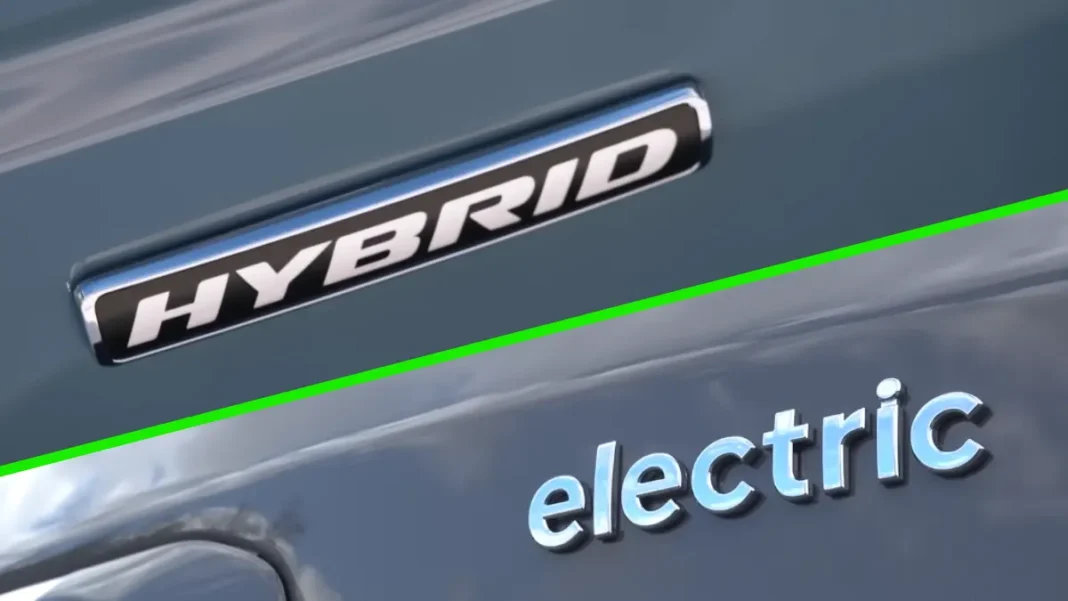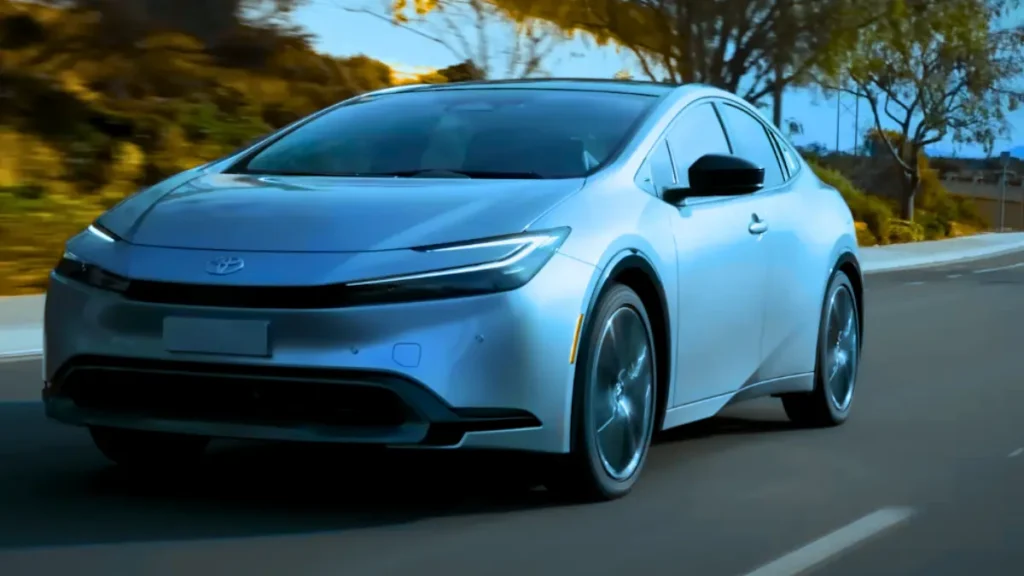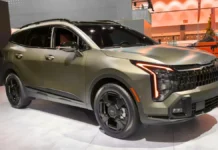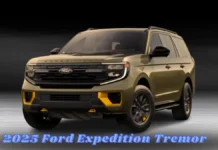2025 is shaping up to be a pivotal year for electric vehicles (EVs) and hybrids. The automotive landscape is rapidly changing, with manufacturers worldwide committing to electrifying their lineups. This surge in options, while exciting, presents a significant challenge for potential buyers. Sifting through the technical specifications, understanding the trade-offs, and determining the best fit for your individual needs can feel overwhelming. This article cuts through the noise, providing a comprehensive guide to navigating the electric and hybrid car market in 2025. We’ll explore the key factors to compare, delve into the emerging trends, and highlight potential pitfalls to watch out for, empowering you to make an informed decision.
Table of contents
What’s Driving the Shift (EVs & Hybrids)
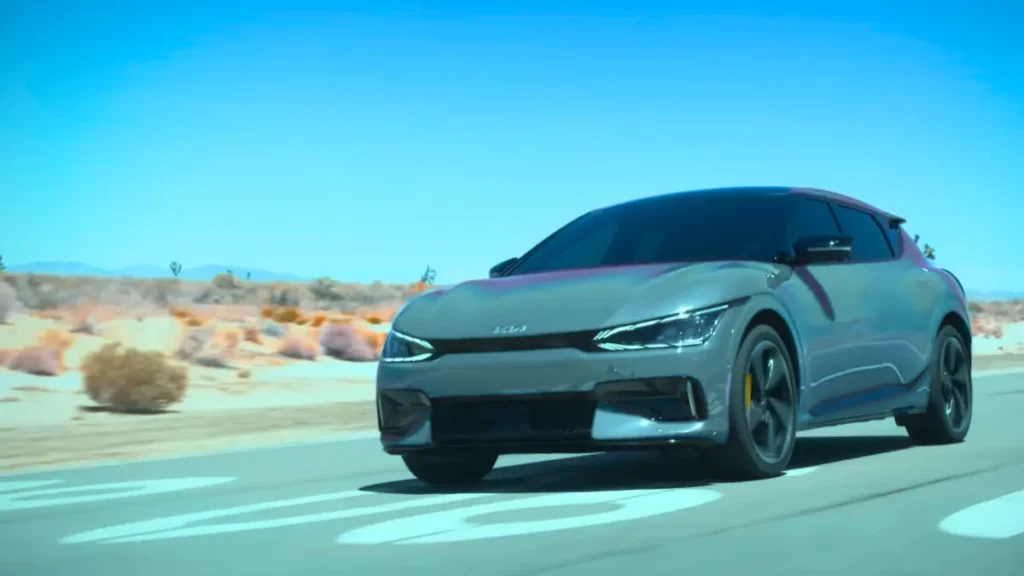
The growth of the EV and hybrid market is undeniable. Governments are enacting stricter emissions regulations, and consumers are increasingly aware of the environmental impact of traditional gasoline-powered vehicles. This increased awareness, coupled with advancements in battery technology and charging infrastructure, has fueled the demand for cleaner transportation options.
The benefits of EVs and hybrids extend beyond environmental considerations. Electric vehicles produce zero tailpipe emissions, contributing to cleaner air in urban areas. Hybrids, while still utilizing gasoline, significantly reduce emissions compared to conventional cars. Economically, both EVs and hybrids offer potential cost savings. Electricity is often cheaper than gasoline, and many governments offer incentives, such as tax credits and rebates, to encourage the adoption of electric vehicles. Furthermore, EVs typically require less maintenance due to fewer moving parts.
Beyond the practical advantages, EVs and hybrids often boast cutting-edge technology. Many models feature advanced driver-assistance systems (ADAS), over-the-air software updates, and sophisticated infotainment systems. The instant torque delivery of electric motors provides a unique and exhilarating driving experience.
However, the transition to EVs and hybrids isn’t without its challenges. One concern that might not immediately spring to mind is the ethical sourcing of battery materials. The production of lithium-ion batteries requires resources like lithium, cobalt, and nickel, and the mining of these materials can have significant environmental and social consequences. Buyers should be aware of this issue and support manufacturers committed to responsible and sustainable sourcing practices. Another emerging concern is the cybersecurity of connected vehicles. As cars become increasingly reliant on software and network connectivity, they become more vulnerable to hacking and data breaches. Manufacturers need to prioritize cybersecurity to protect drivers’ privacy and safety.
Must Compare Specs & Features
Choosing the right EV or hybrid requires careful consideration of various specifications and features. Here’s a breakdown of the key areas to compare:
- Battery/Range (for EVs) or Fuel Economy (for hybrids): For EVs, range is a critical factor. Consider your daily driving needs and choose a model with sufficient range to avoid range anxiety. For hybrids, fuel economy is paramount. Look for models with high miles per gallon (MPG) ratings to maximize fuel savings.
- Charging/Infrastructure (EV) or Hybrid Systems: For EVs, assess the charging infrastructure available in your area. Are there readily accessible public charging stations? Can you install a home charging unit? The charging speed is also important; some EVs can charge much faster than others. For hybrids, understand the type of hybrid system (e.g., mild hybrid, full hybrid, plug-in hybrid) and its impact on fuel economy and performance.
- Performance, Driving Feel, Brand Reliability: Electric vehicles are known for their instant torque and quick acceleration. Consider the performance characteristics that are important to you. Evaluate the handling and driving feel of different models. Research brand reliability ratings to get an idea of potential maintenance costs and issues.
- Interior/Space/Practicality: Evaluate the interior design, materials, and features. Consider the amount of passenger and cargo space. Assess the practicality of the vehicle for your needs.
- Cost of Ownership (Maintenance, Insurance, Incentives): Consider the total cost of ownership, including maintenance, insurance, and fuel or electricity costs. Research available incentives, such as tax credits and rebates, which can significantly reduce the purchase price.
Example Table: Model A vs. Model B
Table
| Feature | Model A (Hybrid) | Model B (EV) |
| Fuel Economy/Range | 55 MPG | 300 miles |
| Charging Time | N/A | 8 hours (240V) |
| 0-60 MPH | 7.5 seconds | 5.0 seconds |
| Cargo Space | 15 cubic feet | 12 cubic feet |
| Starting Price | $30,000 | $40,000 |
(Note: Model A and Model B are hypothetical examples. Consult reliable sources for accurate specifications.)
Fit for Your Lifestyle
The best EV or hybrid for you depends on your individual lifestyle and driving needs.
- City Driving vs. Highway vs. Family Use: If you primarily drive in the city, a smaller EV or hybrid with good fuel economy and maneuverability might be ideal. For long highway commutes, prioritize range and comfort. For families, consider the amount of passenger and cargo space.
- Climate/Region Considerations: In colder climates, EV range can be significantly reduced due to battery performance degradation. Consider a model with a heat pump to mitigate this effect. In hot climates, battery cooling systems are important.
- Resale Value and Future Proofing: Research the resale value of different models. Consider future-proofing your purchase by choosing a model with advanced technology and features.
- Brand Ecosystem: Some manufacturers offer a comprehensive ecosystem of services, including software updates, warranty programs, and charging networks. Evaluate the brand’s commitment to supporting its electric and hybrid vehicles.
- Real User Story: “I picked a hybrid for commuting because it offers a balance of fuel efficiency and practicality. I can drive electric for short trips around town, and the gasoline engine provides peace of mind for longer journeys.”
Hidden Costs & Things to Watch Out For
Beyond the sticker price, there are several hidden costs and potential pitfalls to be aware of.
- Upfront Premium vs. Long-Term Savings: EVs and hybrids often have a higher upfront price than comparable gasoline-powered vehicles. However, the long-term savings on fuel and maintenance can offset this premium.
- Charging Installation: Installing a home charging unit can add to the initial cost. Research the cost of installation and any necessary electrical upgrades.
- Battery Degradation, Replacement Costs: Battery performance degrades over time, reducing range. Research the manufacturer’s warranty for battery replacement and the potential cost of a new battery.
- Space Compromises: Some EVs and hybrids may have less cargo space or rear-seat legroom than comparable gasoline-powered vehicles due to the battery pack.
- Incentives and Regulations: Research available incentives and regulations in your country or regional market. These can vary significantly and impact the overall cost and feasibility of owning an EV or hybrid.
Quick Checklist & Actionable Tips
Before you buy, ask yourself these questions:
- What is my daily driving range?
- What is the availability of charging stations in my area?
- What are the available incentives and regulations?
- What is the total cost of ownership?
- What are the safety features and driver-assistance systems?
- What is the battery warranty and replacement cost?
- Does the vehicle fit my lifestyle and needs?
Post You May Find Useful
- Top Electric SUVs for Elderly Drivers: A Senior-Friendly Guide
- The Best small electric cars for city driving in the US Market
- How to Select the Perfect Electric Car Rental for Your Travel Needs
- Best Electric Cars for Seniors
Final Thought
Choosing the right electric or hybrid car in 2025 requires careful consideration of numerous factors. By understanding the market trends, comparing specifications and features, assessing your lifestyle needs, and being aware of potential hidden costs, you can make an informed decision. Use the checklist provided to guide your research and explore the detailed model reviews on Carshyd to find the perfect EV or hybrid for you.

